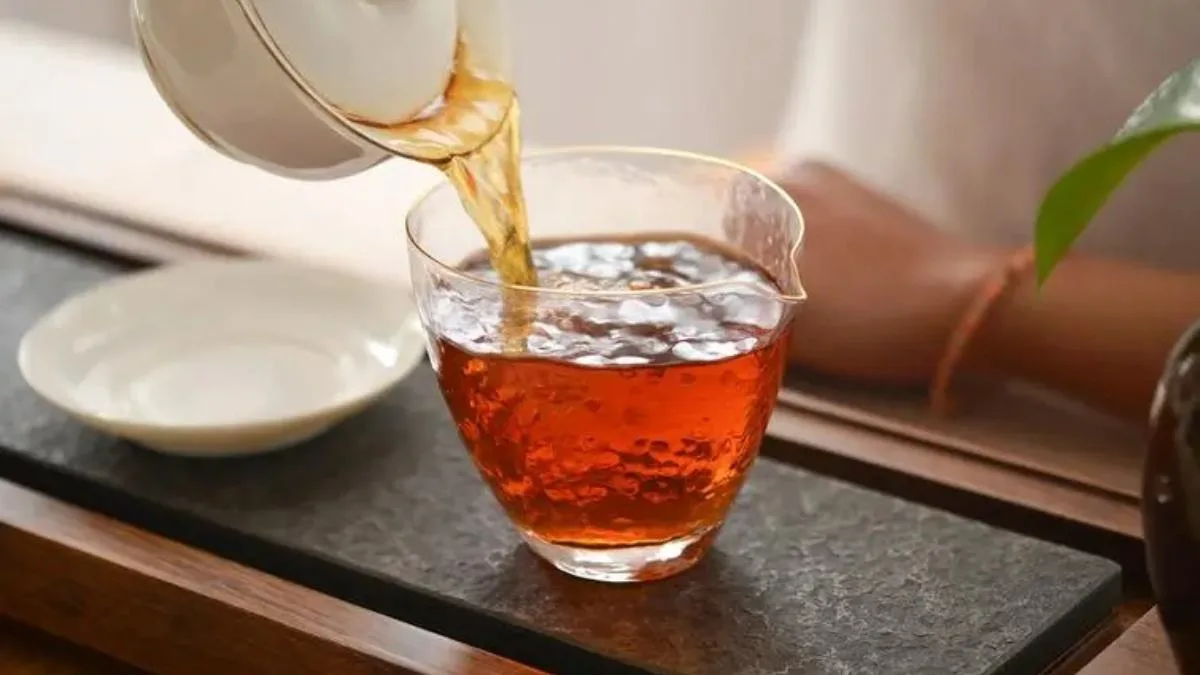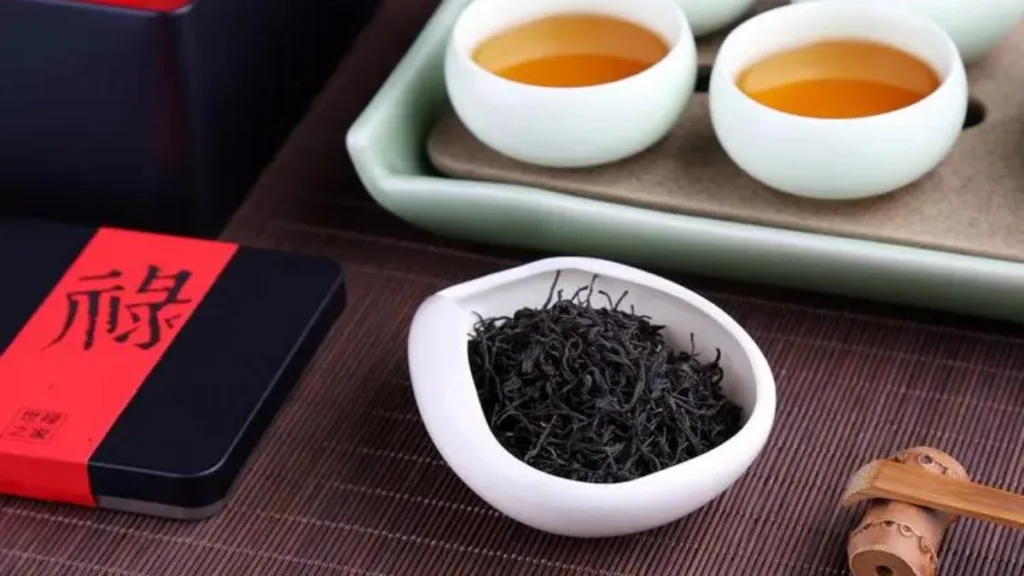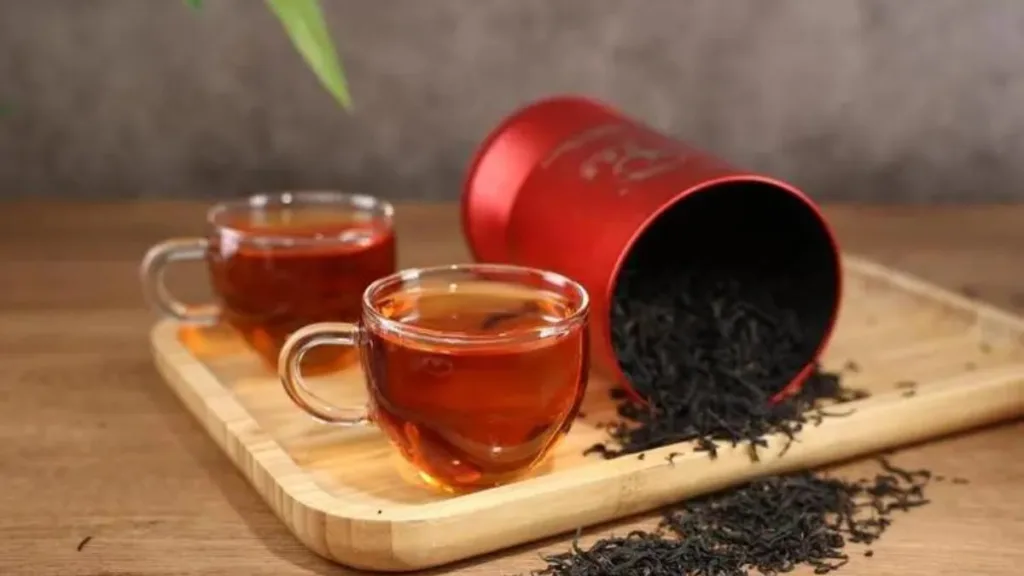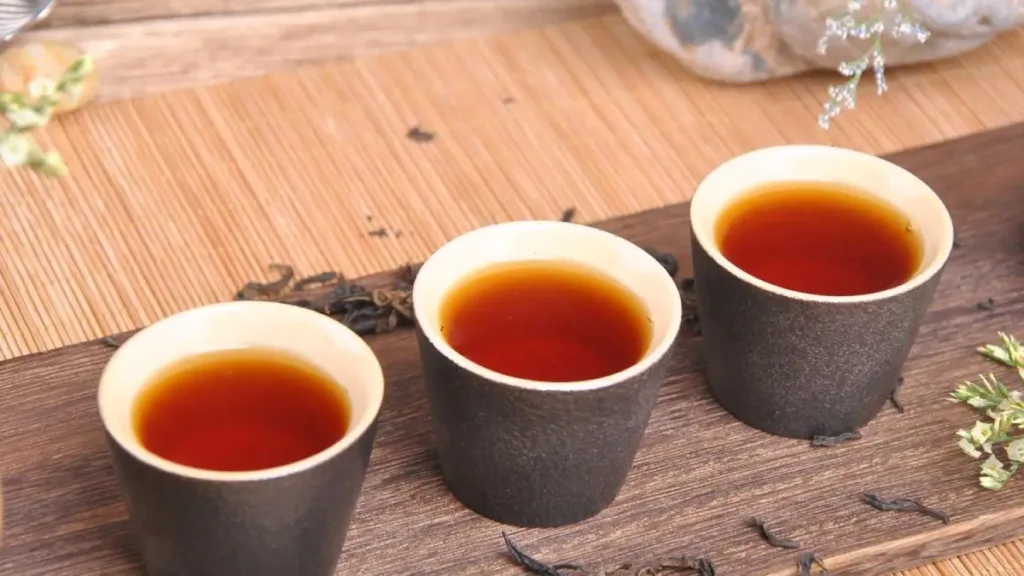Humans can occasionally experience food poisoning from consuming certain foods, and similarly, our feline and canine companions may accidentally ingest substances that lead to unexpected poisoning. Surprisingly, many of these substances are considered harmless in our eyes. One such query arises regarding the safety of black tea for cats. Can it potentially lead to poisoning in cats? In this exploration, we delve into the specifics of this question.
Safety of Black Tea for Cats:
Generally, black tea poses minimal toxicity to cats. If a cat happens to consume black tea, providing ample water and diluting the tea with canned food can be a suitable course of action.
Hazards of Coffee, Black Tea, and Alcohol for Cats:
Substances like coffee, black tea, and alcohol can lead to toxicity in cats. Coffee contains caffeine, and ingestion of this substance can lead to excessive stimulation in cats, potentially resulting in fatal consequences. If snacks at home contain caffeine from coffee or tea components like black tea or green tea, it is crucial to avoid feeding them to cats. Additionally, alcohol is a substance that a cat’s body cannot metabolize, making it imperative to prevent cats from consuming any food containing alcohol. Moreover, substances that can cause toxicity in cats include chocolate, onions, and more. Cat owners should familiarize themselves with foods that are harmful to cats, restrict access to these foods, and prevent potential poisoning in feline companions.
Cats Should Avoid Tea:
Cats should not consume tea due to the presence of caffeine, which is harmful to them. Cats cannot efficiently metabolize caffeine, and ingestion can lead to symptoms of poisoning such as vomiting, diarrhea, high blood pressure, irregular heartbeat, seizures, and even death. Additionally, other substances in tea may also cause gastrointestinal discomfort in cats. If a cat accidentally drinks tea, inducing vomiting and seeking veterinary attention promptly is recommended. Generally, cats should only be provided with clean water, and consumption of tea, coffee, or other caffeine-containing beverages should be avoided.
Understanding the Risks:
Cats should refrain from drinking tea because it contains caffeine, which is harmful to them. The feline body cannot effectively metabolize caffeine, leading to potential toxicity. Symptoms of caffeine poisoning in cats include vomiting, diarrhea, high blood pressure, irregular heartbeat, seizures, and, in severe cases, death. Therefore, like dogs, cats should not consume tea with high caffeine content, such as pu-erh tea, green tea, or black tea. While the concentration of substances like theophylline and catechins in tea is relatively low, they may cause gastrointestinal discomfort in cats. It is generally advised to avoid giving tea to cats.
In case a cat accidentally ingests a significant amount of tea, prompt induction of vomiting and immediate veterinary consultation are recommended to prevent severe poisoning. Providing cats with fresh water is sufficient for their hydration needs, and giving them any tea-based or caffeinated beverages should be strictly avoided.
Conclusion:
In conclusion, black tea is generally considered safe for cats in small quantities, but it is crucial for cat owners to be aware of the potential risks associated with the caffeine content in tea. Cats should ideally be provided with a balanced and cat-friendly diet, and access to foods and beverages that can cause harm, including tea, should be restricted. Vigilance and prompt action in case of accidental ingestion are key to ensuring the well-being of our feline friends.



